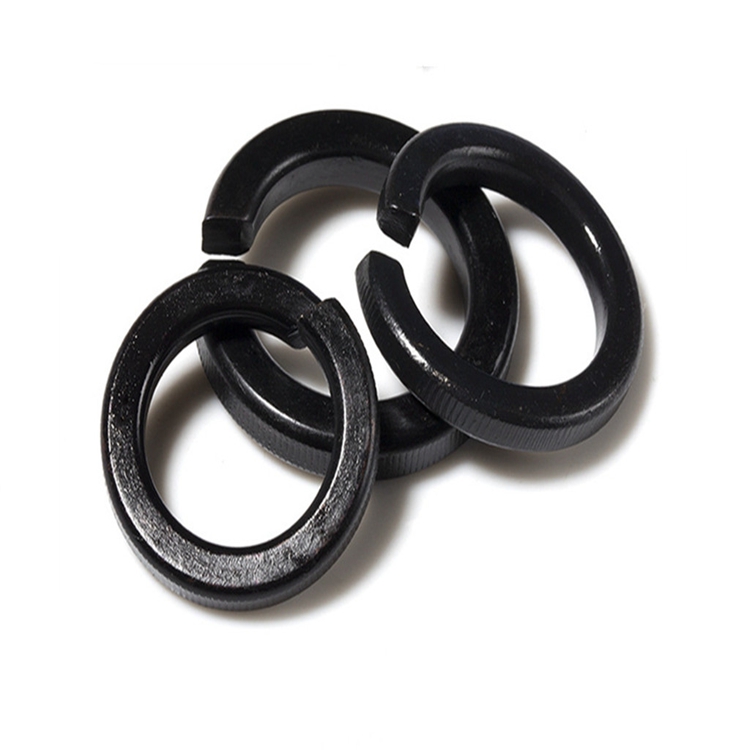architectural bolts exporter
ធ្នូ . 25, 2024 19:44 Back to list
architectural bolts exporter
The Role of Architectural Bolts in Global Export Markets
In the realm of construction and architectural design, the importance of architectural bolts cannot be overstated. These fasteners play a crucial role in ensuring structural integrity and longevity in various projects, from residential homes to towering skyscrapers. As economies continue to globalize, the demand for specialized components like architectural bolts has surged, leading to a flourishing export market for manufacturers worldwide. This article will explore the significance of architectural bolts in construction, the factors driving their export, and what to consider when looking for reliable exporters.
Understanding Architectural Bolts
Architectural bolts are designed specifically for use in various structural applications, notably in the construction of buildings and infrastructure. Unlike standard bolts, architectural bolts often feature specific aesthetic qualities in addition to their functional attributes. They can be found in a range of finishes and designs to match architectural styles, making them a popular choice among architects and builders.
These bolts are typically made from high-strength materials to withstand various stresses and environmental conditions. Common materials include stainless steel, carbon steel, and bronze, each offering distinct advantages in terms of corrosion resistance and load-bearing capacity. The choice of material plays a significant role in determining the suitability of these bolts for specific applications, particularly in outdoor or marine environments.
The Growing Demand for Architectural Bolts
With a robust global construction industry, the demand for architectural bolts has surged in recent years. Urbanization and population growth are driving the need for new infrastructure, resulting in increased construction activities across the globe. This trend has been particularly pronounced in developing countries, where rapid urbanization is often accompanied by a surge in construction projects.
Furthermore, the increasing focus on sustainable building practices has led to a greater emphasis on high-quality, durable materials such as architectural bolts. Builders are now more inclined to invest in components that offer enhanced performance and longevity, primarily because these measures can lead to lower maintenance costs over time.
Factors Influencing Exports
architectural bolts exporter

Many factors contribute to the booming export market for architectural bolts. First, advancements in manufacturing technologies have enabled producers to improve the quality and precision of their products, making them more attractive to international buyers. Enhanced manufacturing capabilities can lead to innovations in bolt designs, resulting in products that meet a wide range of specifications and standards.
Second, trade agreements and global logistics developments have made it easier for manufacturers to enter international markets. The reduction of tariffs and the improvement of transportation networks have opened new avenues for trade, enabling exporters to reach customers in different regions with greater ease.
Additionally, the rise of e-commerce has transformed the way architectural bolts are marketed and sold globally. Online platforms have made it simpler for exporters to showcase their products, connect with buyers, and facilitate transactions across borders. This has democratized access to high-quality architectural fasteners, allowing smaller manufacturers to enter the market and compete with larger players.
Choosing the Right Exporter
When seeking to purchase architectural bolts, it is vital to choose a reliable exporter. Factors to consider include the exporter’s reputation, product quality, compliance with international standards, and delivery times. Conducting thorough research and reading customer reviews can provide valuable insights into the reliability and capabilities of potential partners.
Additionally, it is essential to ensure that the exporter can meet specific project requirements, whether related to material specifications, custom designs, or timely delivery. Establishing a good relationship with the exporter can lead to better pricing and more flexible service in the long run.
Conclusion
Architectural bolts play a fundamental role in modern construction, and their significance is further amplified by the growing global demand for quality building materials. As exporters capitalize on this demand, it is crucial for buyers to partner with reputable suppliers to ensure the success of their construction projects. Investing in high-quality architectural bolts can enhance structural integrity and contribute to the overall aesthetic appeal of any architectural endeavor.
Latest news
-
Reliable Axle Nuts Supplier | High-Quality Automotive Parts
NewsAug.19,2025
-
Premium Wire Bolts Suppliers | Durable & Reliable Fasteners
NewsAug.18,2025
-
Leading Metric Wood Screw Companies & Manufacturers
NewsAug.17,2025
-
Top Wire Bolts Suppliers - Quality & Durable Fasteners
NewsAug.15,2025
-
Trusted Wire Bolts Company | Quality Fasteners Supplier
NewsAug.14,2025
-
Reliable Wire Bolts Suppliers & Manufacturers for Global Needs
NewsAug.13,2025
